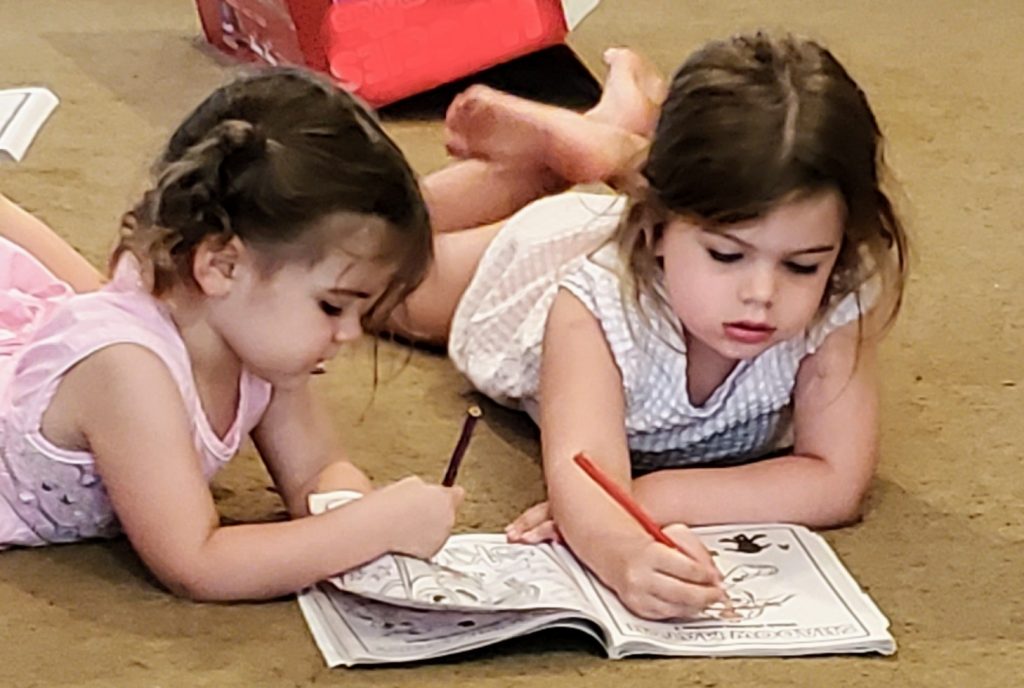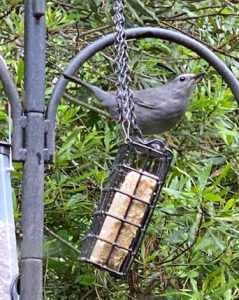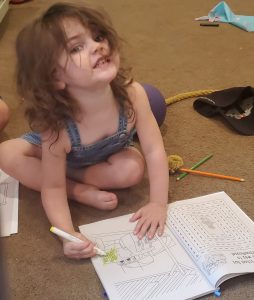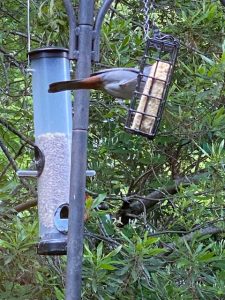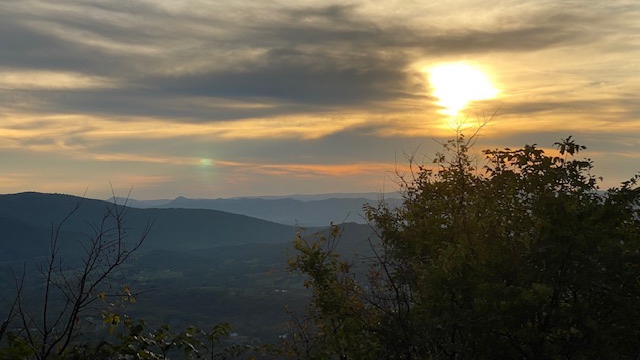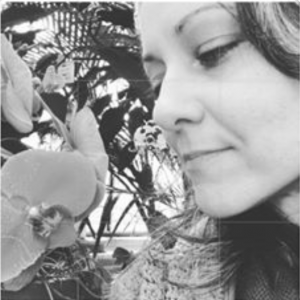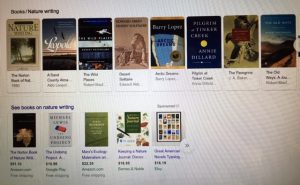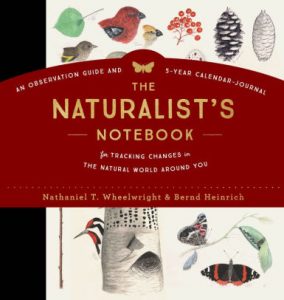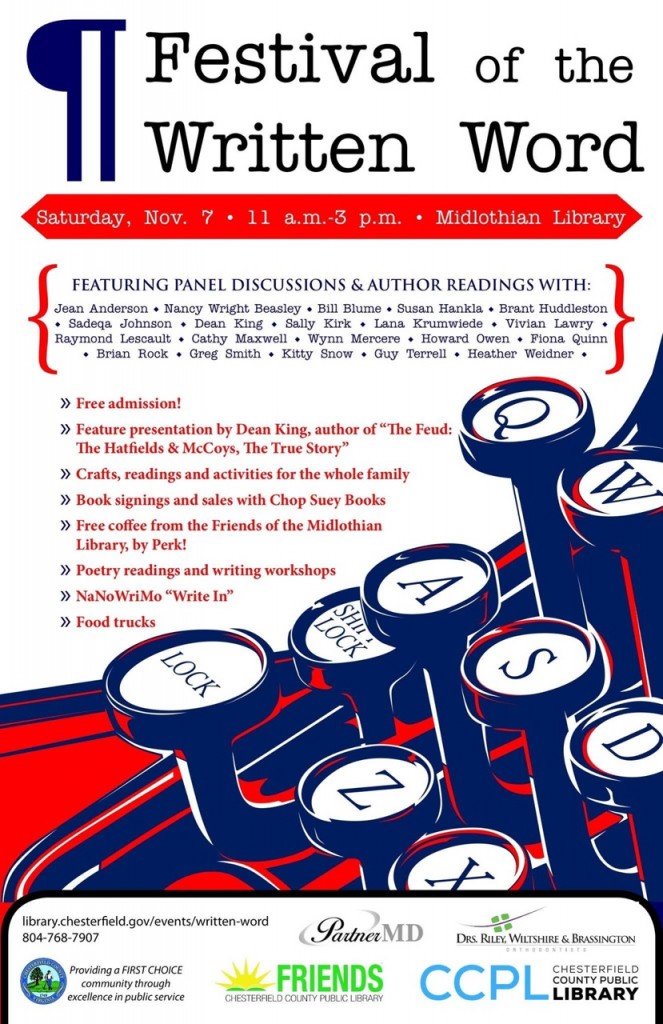
I’ve accepted that a Nobel Prize, a Pulitzer—even a New York Times bestseller—just isn’t in my future.
Fortunately, I am not writing to put food on the table; I write to feed my soul.
That said, here goes.
The Upside: There’s So Much Of It!
Social Benefits
Good conversation: I’ve never met a boring writer. Some have boring spouses—or occasionally obnoxious ones—but writers themselves are consistently good company.
Because writers tend to turn up in the same places, over time we get to know each other, and often acquaintances turn into friends.
They’re interesting and varied, and generally we are like-minded.
Then, too, fellow writers are likely to listen actively when I talk about writing.
Writers value my short story strengths. I’ve published more than 60 short works in literary journals and anthologies. Writers celebrate these short story publications! They get what it means. Other friends, even family, are likely to offer a polite, “That’s nice,” or, “Congratulations,” without asking so much as the title of the work or the publication! For the general public, “writer” means novels, or other books.
Simultaneously, other writers commiserate with my struggles, setbacks, rejections, etc.
Brain Benefits
Writing boosts my emotional intelligence: motivation, empathy, self-regulation, self-awareness, and social skills.
I’m organized, think clearly, and process things efficiently and analytically. This includes being able to handle negative events/feelings. No, I can’t measure how much difference writing makes for me personally, but psychological research says that these things are true of writers overall.
In general, writing keeps my brain alive. Focusing only on gardening, cooking, TV, hobbies, etc., doesn’t challenge me to think, reason, or explore.
I’m a researcher by inclination and professional training, so I make sure the facts in my fiction are right. In the process, I’m always learning.
Emotional Benefits
These are self-assessments. Such results would not guaranteed for others!
- Staves off depression by spending time on something I believe is worth doing
- Precludes boredom because the options are endless
- Boosts self-esteem by getting positive responses from peers and journal editors
I’m very happy and content! Maybe I’m just lucky, but research indicates that being an author is one of the happiest careers in the U.S.
The Downside: There Isn’t Much For Me
Since I started writing, I’ve become a more critical reader. Now I notice that New York Times bestselling author Mary Burton gives nearly all her women characters ponytails and that her favorite adjective is “simple.” Prolific writer L. T. Ryan consistently uses “sat” when it should be “set.” Such things don’t keep me from enjoying these particular authors’ work, but I do notice.
I’m especially irritated by the language burps of “professionals”: newscasters, columnists, politicians… Oh, sigh.
My Writing Habits
I’m a writing class/workshop junkie! I’m perennially enrolled. Why?
- Creative stimulation, taking me places I wouldn’t have gone otherwise
- Structure, deadlines, and accountability make me actually produce
- Appreciation for the work of others, well-published and/or fellow students
I’ve been in critique groups for years. Whereas classes and workshops are great for generating new ideas, they aren’t usually conducive to developing those ideas, or polishing them for submission.
- I learn what’s working (or not)
- I find out whether what is on the page is what I intended
I’ve heard horror stories about the destruction wrought by competitive writing groups. Fortunately, I’ve avoided those. The criticism is intended to make the work better, not to belittle me
I submit something at least every two months If I get more than six per year, great, but six is the minimum.
Although I do write brief diary entries daily, my creative writing is most, not all, days.
Reading fees of any sort turn me off. Therefore, contests do not draw me in. For one thing, there are almost always submission fees. Also, I’m content if my writing is “good enough” for publication. It doesn’t have to be “the best.”
I listen for fresh language. For example, I recently came across a FaceBook post that included “the I.Q. of a crayon.”
FYI, my writing time is the late hours of the night, wee hours of the morning. And my writing area is a shambles.
BOTTOM LINE: I’m convinced writing is good for me. I’ll keep on keeping on!

